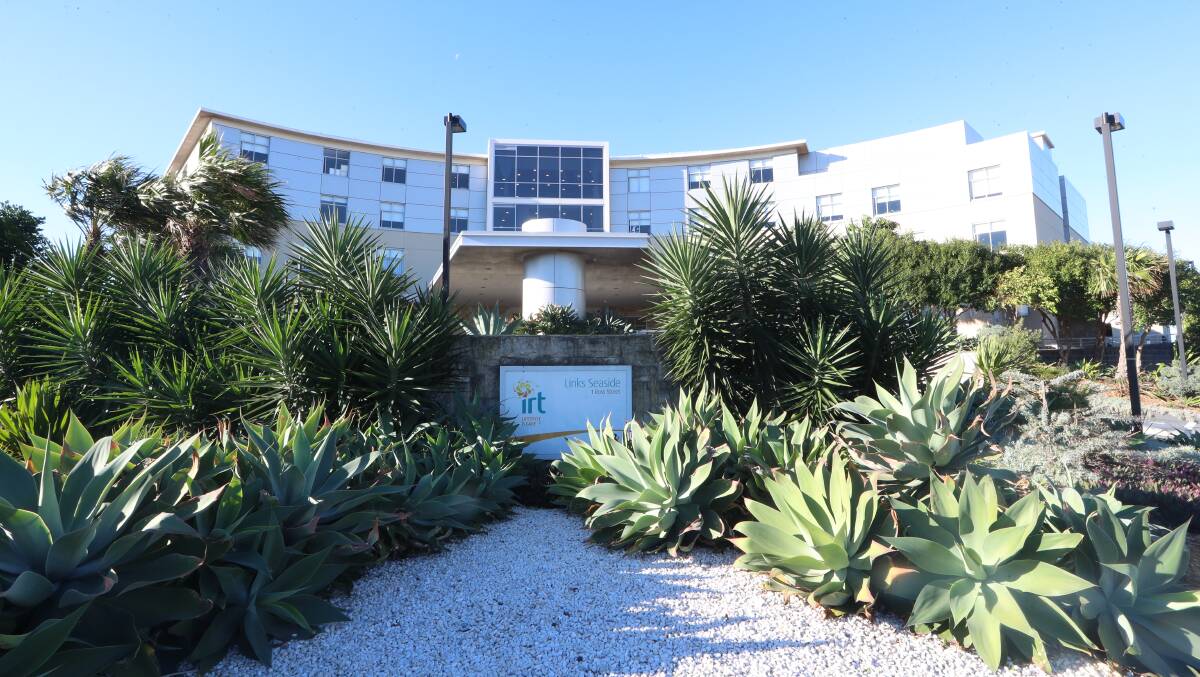
After months of negotiations – and a previous NO vote – more than 2150 IRT workers will go back to the ballot box next week to vote on the same enterprise agreement offer.
Subscribe now for unlimited access.
$0/
(min cost $0)
or signup to continue reading
The IRT Group has not moved from its initial offer of a 2.5 per cent wage increase per year, over the term of the three-year agreement.
Unions representing the workers – including the Health Services Union and the NSW Nurses and Midwives Association – started negotiating shortly after the current agreement expired at the end of 2017.
HSU (aged care) regional organiser Randall Millington said workers felt the organisation’s offer was “substandard”.
“Members want a minimum pay increase of 3 per cent for the next three years – not an unreasonable demand given that IRT is a billion dollar corporation, which posted a $33 million profit last year,” he said. “We ran an effective NO campaign for the first ballot in early April – with 66 per cent of workers voting the offer down.”
HSU representatives subsequently applied to the Fair Work Commission for a protected action ballot; however workers voted against it.
“We needed to get 51 per cent of our membership to say yes, but we only got 48 per cent,” Mr Millington said.
“I think the issue was that while our workers felt they deserved a better offer, they didn’t want to take industrial action and disadvantage their clients – most who are old, frail and vulnerable.
“They were willing to sacrifice their rights to care for those people who were most vulnerable.”
Mr Millington said the union had not run another NO campaign due to the lack of support for industrial action – and the fact that workers stood to lose their backpay.
Workers will now vote on IRT’s offer, with an electronic ballot opening next Monday and closing June 7.
IRT Group CEO Patrick Reid said the “final draft” of the EA had followed “extensive consultation” with staff.
“We believe we are proposing an agreement that ensures our employees get a competitive pay package (top 10 in the aged care industry),” he said.
As well as the 2.5 per cent wage increase annually, the offer had additional benefits including increased paid parental leave (12 weeks), increased paid partner leave (2 weeks) and special paid leave in circumstances of family and domestic violence.

